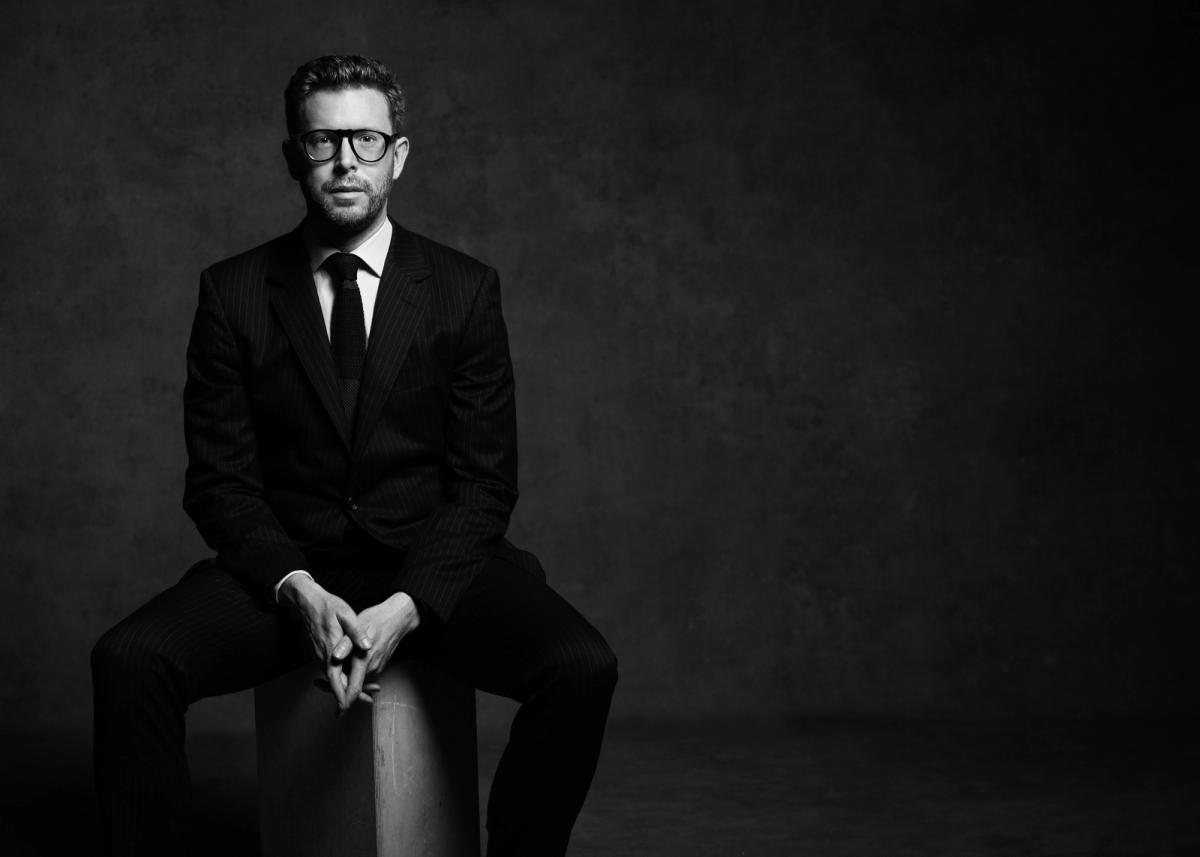The British Museum’s newly appointed director, Nicholas Cullinan, has defended the institution’s decision to accept a £50m donation from oil giant BP. The funding deal, which was announced at the end of 2023, fuelled the ongoing debate about ethical fundraising and sponsorship in the cultural sector.
“I think the debate has changed, but what hasn’t changed are the two criteria against which you weigh up donations and sponsorship,” he told the UK newspaper, The Sunday Times. “One is: was the money legally acquired? The other is: will accepting it cause us reputational damage? I think you have to have very good, clear reasons for turning down money that would help to keep the British Museum free to the public.”
The money from BP is due to kick start fundraising for the museum’s ambitious masterplan, including upgrading the building, which was designed by Sir Robert Smirke and completed in 1852. The cost of the full masterplan project is likely to reach hundreds of millions of pounds, possibly more than a billion. However, the decision to accept the £50m sponsorship deal initially caused concern among trustees.
In June this year, the director of Tate, Maria Balshaw, spoke out about BP’s sponsorship deal with the British Museum, saying that “the public has moved to a position where they think it is inappropriate”. Just a month later, London’s Science Museum ended its relationship with Equinor when the oil giant's contract came to a close.
In addition to repairing the reputational damage and overseeing the vast renovation project, Cullinan is likely to face further calls for the return of the Parthenon Marbles to Greece and the restitution of other objects in the museum’s collection acquired in a colonial context.
The museum’s chair of the board of trustees, George Osborne, said last year that “we can reach an agreement with Greece”, for at least some of the British Museum’s sculptures “to be seen in Athens”. In return, he wants “other treasures from Greece, some that have never left those shores, to be seen here at the British Museum”.
The Sunday Times asks whether “a friendly lending agreement [would] end the seemingly eternal squabble over the Elgin [Parthenon] Marbles?” Cullinan responds: “This is not me trying to dodge the question but that issue is not within my purview. It depends on other parties…The more interesting aspect to think about now is how we can work in partnership with other museums round the world to lend or exchange items.” Deaccessioning is prohibited by law under the 1963 British Museum Act.
Cullinan also stressed that “clear action” was taken after the theft of 2,000 items from the museum's collection, including the decision to digitise the entire eight-million strong collection. He added also that he would not conform “to a particular sort of political agenda” in labelling exhibits.
Clarification 18 September: an earlier version of this article mischaracterised the way in which the relationship between the Science Museum and Equinor came to an end. The sponsorship ended when the relevant contract expired. This article has been updated accordingly.


